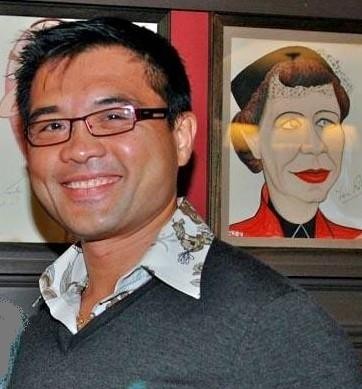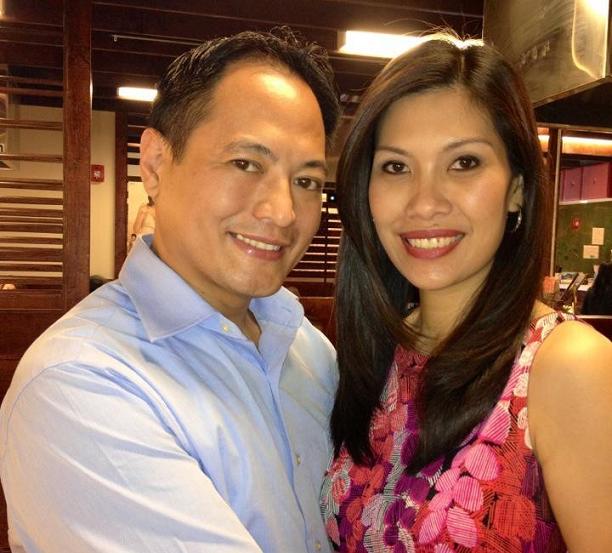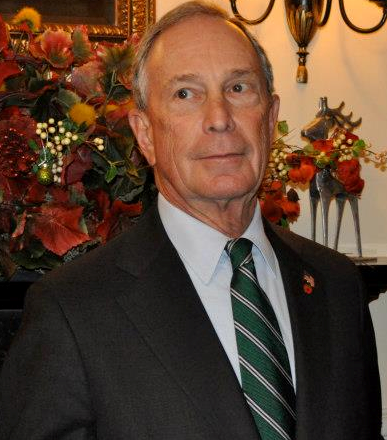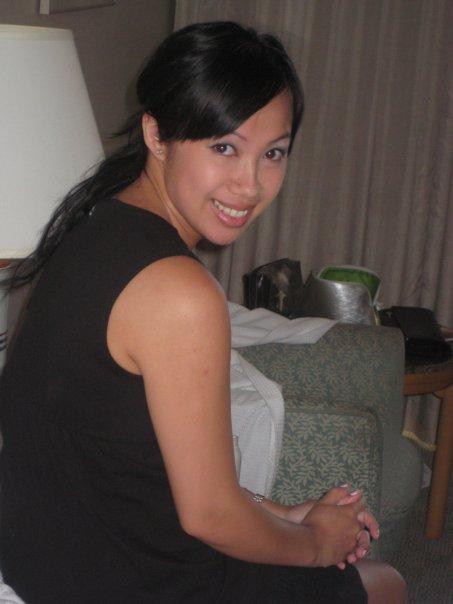AAPI women account for 20% of those seeking abortions
By Sunita Sohrabji
Almost two thirds of women seeking abortions come from communities of color, a data point often overlooked in the conversation around a woman’s right to choose.
Earlier this month, a leaked draft of the Supreme Court’s decision on Dobbs vs. Jackson Women’s Health Center appeared on the website Politico. In the draft, Justice Samuel Alito wrote the majority opinion, stating that the 1973 seminal Roe vs. Wade case was “egregiously wrong from the start,” and “must be overruled.”
Twenty-six states currently have “trigger laws,” effectively banning legal abortions once the Supreme Court decision is officially announced.
At a May 13 news briefing hosted by Ethnic Media Services, panelists noted the impact of the decision on women of color, particularly AAPI women, who account for 20 percent of those seeking abortions. One in four women in the U.S. have had an abortion.
“The people that will bear the burden of these laws are people who can’t afford to go across state lines, who can’t afford to pay whatever it’s going to cost for an abortion,” said Rep. Pramila Jayapal, D-Washington state. “It is not that abortions are going to go away. But safe and legal abortions will go away, and it will be the people who are most vulnerable who are left,” she said.
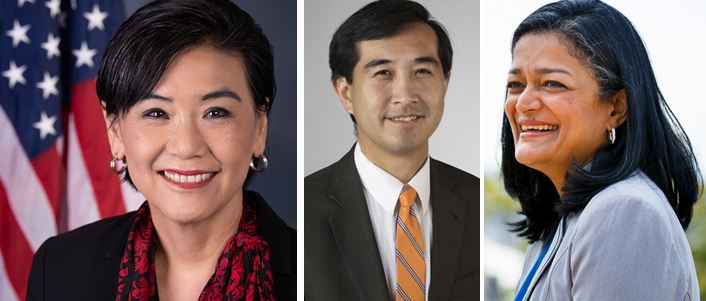
“Abortion is an issue that happens in every community. There is no community where this is not something that pregnant people are thinking about,” said Jayapal, who herself had an abortion, but did not initially tell her family because of the stigma among Indian Americans. She finally told her mother.
“We are talking about millions of people across this country whose lives will quite literally be in danger because an extremist court decided to politicize health care. This will be a literal death sentence for millions of people,” said Jayapal.
“When I first read Justice Alito’s draft opinion to overturn Roe versus Wade, I was disgusted, appalled, and heartbroken,” said Rep. Judy Chu, D-California, in videotaped remarks. “But I was not shocked because Republicans have been telling the American people for decades that they plan to overturn this decision.”
Chu is the lead sponsor of HR 3755, the Women’s Health Protection Act, which would establish in federal statutes the right to receive abortion care. The law would override any Supreme Court ruling limiting access or banning abortion outright, and would prohibit any state law that bans abortion.
The House passed HR 3755 last September on a vote of 218 to 211. But the Senate did not pass the measure in a vote taken on May 11. “We knew we were facing an uphill battle because even if we could get 50 Democratic votes, this bill is subject to the filibuster, a tool of segregation that lets the minority block the will of the majority,” said Chu, noting that 61 percent of Americans support choice.
The Jackson Women’s Health Center, based in Mississippi, is the only facility in the state to provide abortions, noted John Yang, president and executive director, Asian Americans Advancing Justice—AAJC. He added that AAPI access to terminate a pregnancy in the state is thus extremely limited.
If Roe versus Wade is overturned, in states such as Georgia, Texas, and North Carolina with huge populations of AAPI residents, women would no longer have access to legal abortions, said Yang. “Their ability to make choices about their bodies and reproductive rights, would be significantly, significantly curtailed,” he said.
“As a Chinese American male and as the father of two daughters, this is my responsibility to speak up about this issue. And it is not solely the responsibility of women. It is a responsibility that should be held by all of us as people that believe in civil and human rights,” said Yang. – Ethnic Media Services


